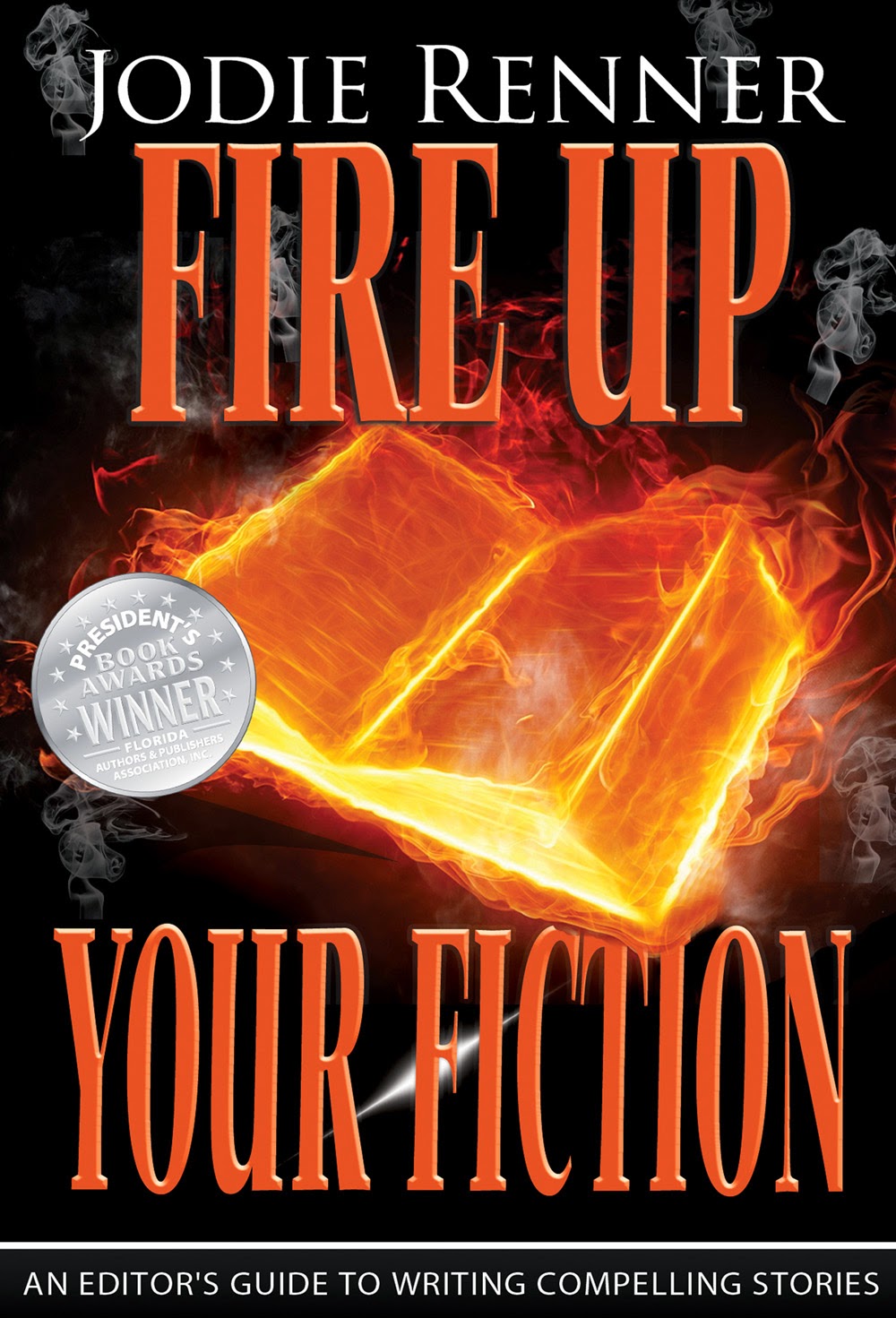Last weekend I was in Seattle for a conference hosted by Thomas & Mercer that may be the first of its kind. Amazon paid for everything, including meals, leisure activities, and a schwag bag with a Paper White Kindle. (Nice suprise!)
But what was unique was the purpose: to simply say thank you to its authors. It wasn’t a reader convention to build sales, and it wasn’t a writing workshop to develop its authors. The event was simply a gathering of T&M authors so we could meet the Amazon team and socialize with each other. But more important, I heard over and over that the company appreciated me.
There were panels on Saturday, which were open to the public and attended by some local writers, but they were mostly about T&M authors sharing their publishing expertise and getting to know each other. The program started with a great panel about writing for television and movies with Lee Goldberg, Marcus Sakey, Greg Widen, and Johnny Shaw competing to tell the funniest stories. A hard act to follow!
But we did our best on the branding panel that came next with me, Barry Eisler, and Max Collins. That was another unique feature: more men than women. Most reader conventions I’ve attended are predominately female. But Saturday night, I had dinner with eight male authors (and Larry Kirshbaum, the president of Amazon Publishing). I’m sure other women writers had similar experiences of being outnumbered. Overall, Amazon made a great effort to ensure that we all met new people. I chatted with so many authors, it would be weird to name them all here.
Friday was the best day though. After a presentation at Amazon headquarters, we had lunch on the Argosy, then embarked on a cruise of Lake Washington. A beautiful day with perfect 75 degree weather. I got to hang out with J Carson Black, an online buddy I’d never met in person, as well as good friends Andrew Kaufman and Michelle Scott.
Then Friday night we had dinner at the Chihuly Garden and Glass, which had the most stunning display of blown glass I’ve ever seen. The meal itself was in a room made entirely of glass with a hanging glass sculpture running the length. A very special evening that I’m glad I dressed up for.
As an author, this weekend was the first time I ever felt like I was “somebody.” Yet that’s just ego, and it doesn’t really matter. What’s most important is what signing with T&M did for my career this year—introduce me to more readers than I ever dreamed of.





































